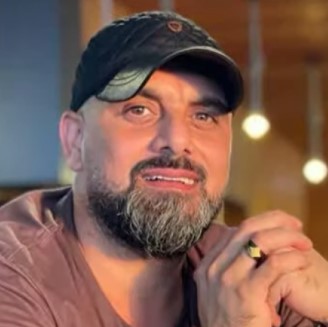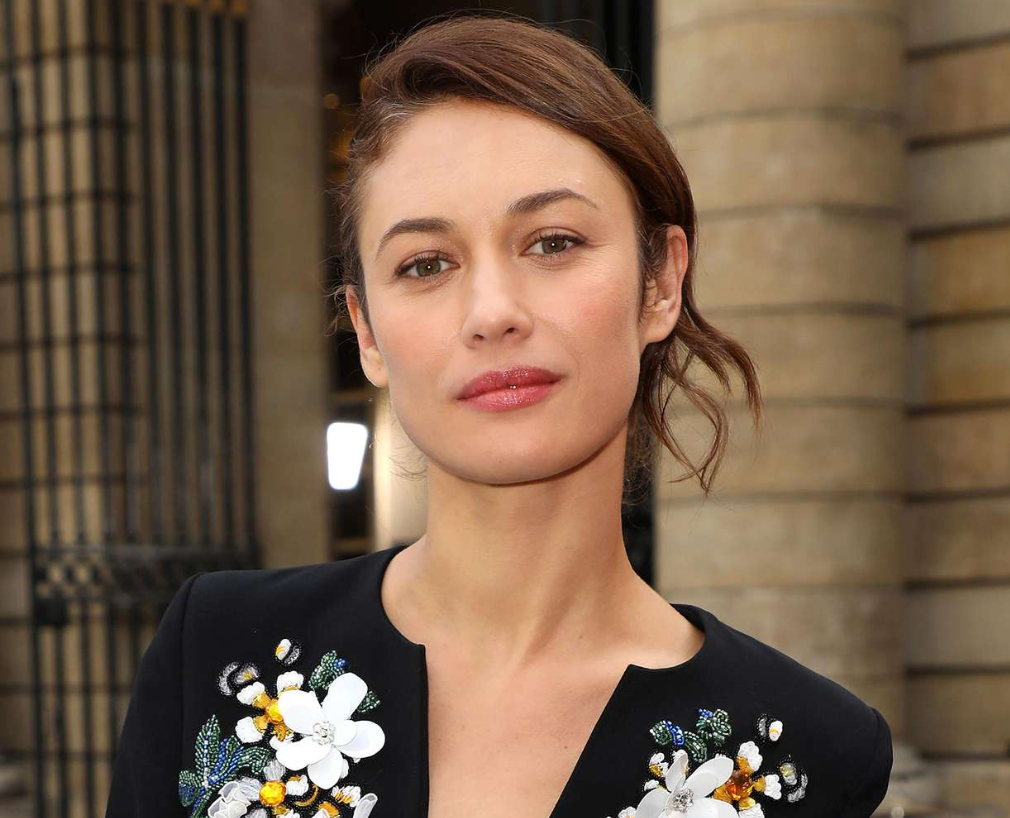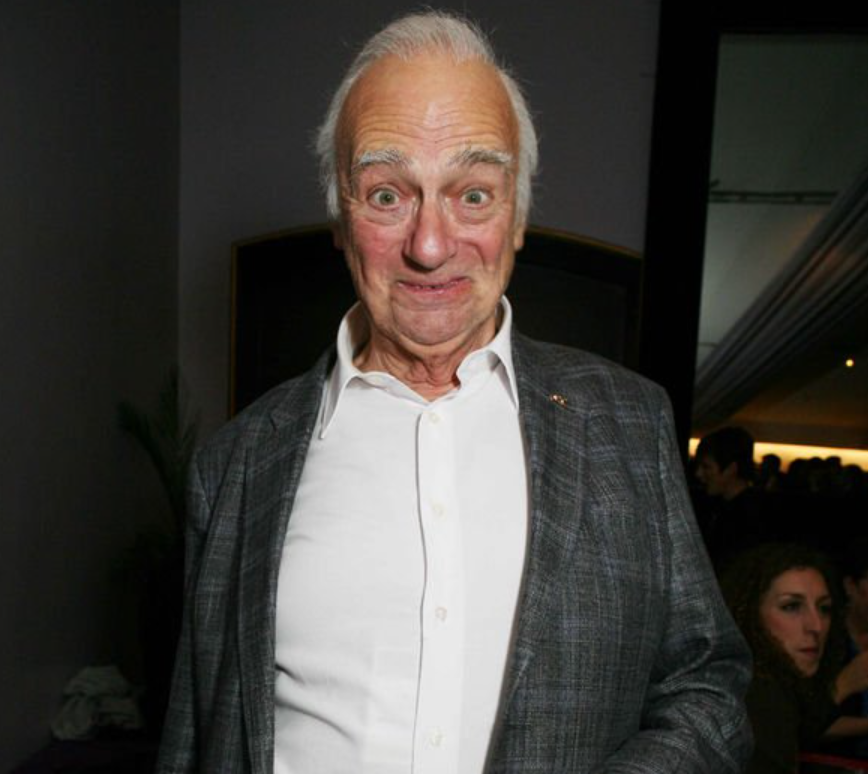Al Jazeera columnist Samer Abu Daqqa died covering an Israeli airstrike in Khan Younis, Gaza
He and associate Wael Dahdouh confronted an assault in the wake of archiving a prior airstrike
Abu Daqqa’s demise features the dangers writers face in struggle zones, with calls for worldwide assurance and a finish to the Gaza struggle
The demise of Al Jazeera Arabic columnist Samer Abu Daqqa has illuminated the hazards looked by writers covering struggle zones. Abu Daqqa lost his life while valiantly providing details regarding an Israeli assault on a school in Khan Younis, southern Gaza. The episode unfurled on a Friday, as he and department boss Wael Dahdouh covered a previous air strike at Farhana school, just to become survivors of another Israeli rocket assault.
Wael Dahdouh, struck by shrapnel on his upper arm, figured out how to run away to Nasser medical clinic, where he got therapy for minor wounds. Notwithstanding, Abu Daqqa wound up caught in the school for a really long time, as paramedics battled to arrive at the site because of progressing Israeli fire. Witnesses revealed weighty shelling nearby, establishing a risky climate for those endeavoring to save the harmed.
After bleeding for 6 hours, no one was allowed to rescue him. Al Jazeera journalist samer Abu Daqqa died.
This violates Article 79 of Additional Protocol (I) to Geneva Conventions, but international law clearly does not apply to Israel. pic.twitter.com/9CI6A2ZA21
— Mohamad Safa (@mhdksafa) December 15, 2023
Who was Samer Abu Daqqa?
Samer Abu Daqqa, a committed columnist, had been working enthusiastically to reveal insight into the situation of Palestinians in Gaza. His organization with Wael Dahdouh stretched out past expert cooperation; they shaped an imposing group on the ground, recording the brutal real factors of the contention.
The team had been cooperating with Al Jazeera Arabic since before the conflict, giving a significant point of view on the unfurling occasions in Gaza. Hani Mahmoud, a partner, bore witness to their impressive skill, expressing, “[Samer] and Wael make up an exceptionally proficient, solid group on the ground, recording all that and bringing the real factors and live pictures of what the Palestinian public have been going through.”
Their devotion was particularly strong during this conflict, marked by its force, scale, and the sheer extent of annihilation. Abu Daqqa and Dahdouh were at the very front of covering everything about, that the world was educated about the human expense regarding the contention.
The overwhelming loss of Samer Abu Daqqa comes directly following individual misfortune for Wael Dahdouh. In late October, Dahdouh lost four relatives in an Israeli air strike. Looking for shelter in Nuseirat camp in the focal point of Gaza, Dahdouh’s house was besieged by Israeli powers, killing his better half, Um Hamza, his 15-year-old child, Mahmoud, his seven-year-old girl, Joke, and his grandson, Adam.
The Worldwide Organization of Columnists (IFJ) communicated shock at the assault, censuring it and emphasizing the interest for the assurance of writers’ lives. An IFJ report uncovered the horrid measurement that 72% of writers who lost their lives hands on this year were killed in the Gaza war, highlighting the dangerous idea of detailing in struggle zones.
Jodie Ginsberg, the leader of the Board of trustees to Safeguard Columnists, underscored the crucial job writers play in reporting the effect of contentions. She voiced worry over the apparent relinquishment of Palestinian writers by the global local area, expressing, “The worldwide legislatures’ inability to push for a finish to this contention is progressively making a genuine feeling of surrender among the local area and especially among the columnist local area in Palestine and the district.”






